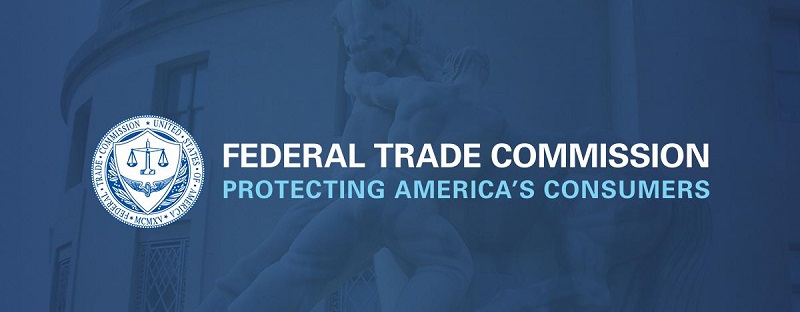
It is now two years since the adoption of the Illinois Freedom to Work Act, our state’s first comprehensive statute regulating non-competes. How have courts been applying the Act?
Our review of the case law found almost no decisions applying or even discussing the Act. While a little surprising, it may simply mean that the Act is clearly written – a good thing for employers and employees.
The few cases that have interpreted the Act have applied it strictly. Employers will do well to review their agreements to ensure exact compliance with the Act’s requirements.
Continue reading








